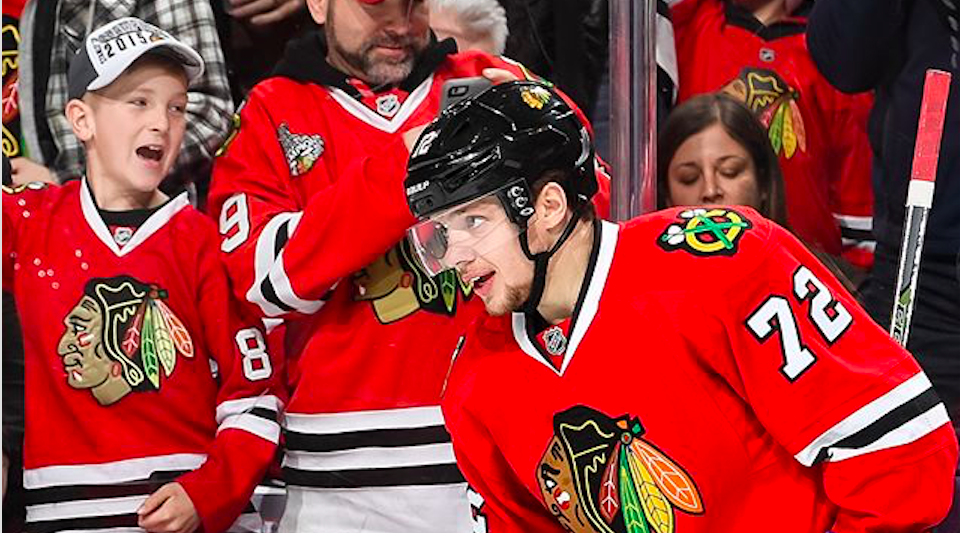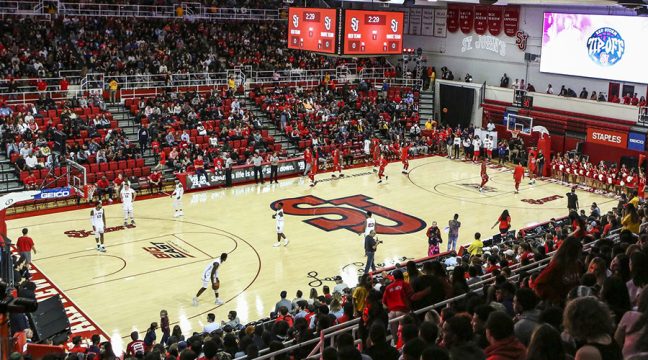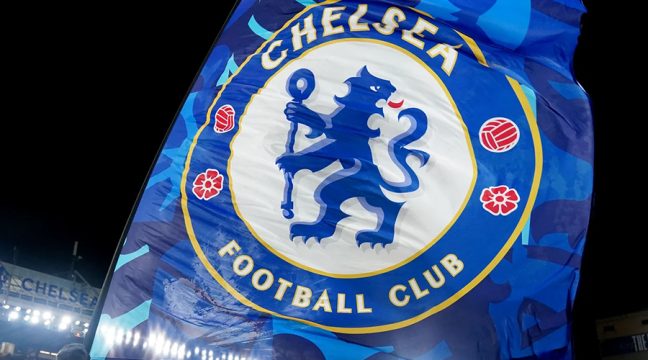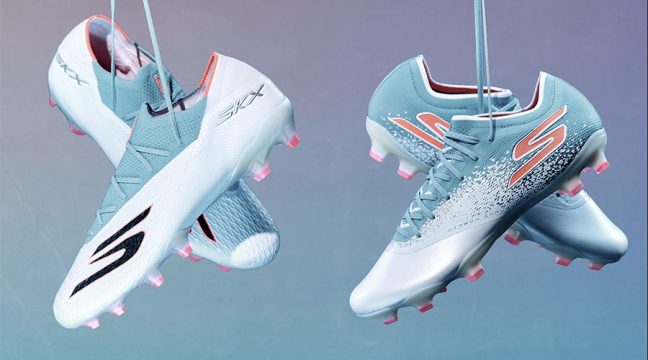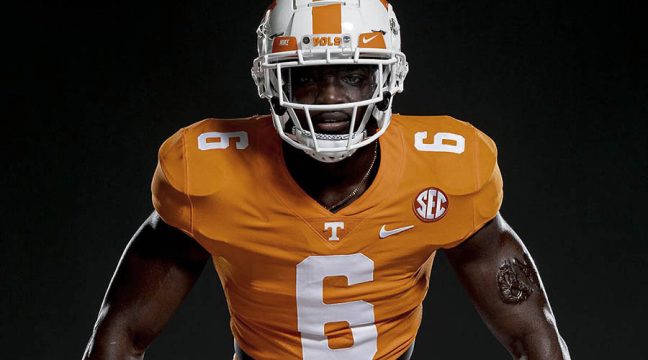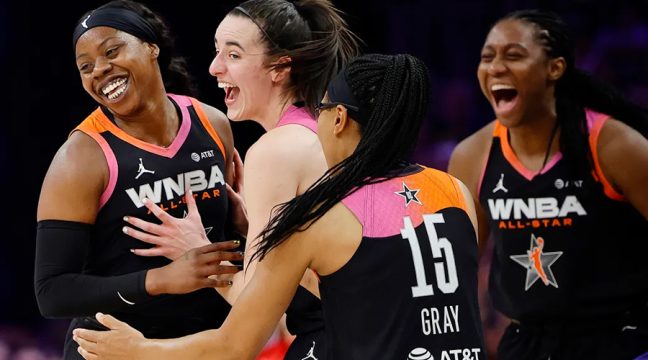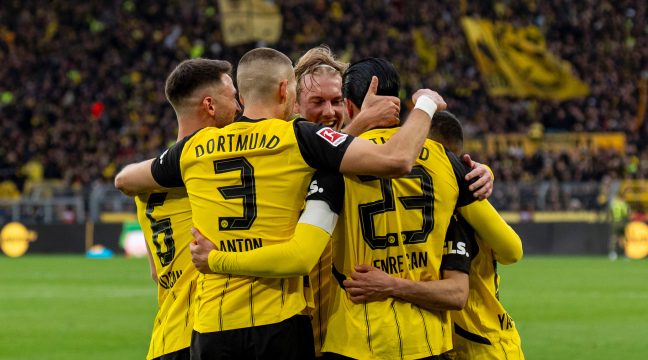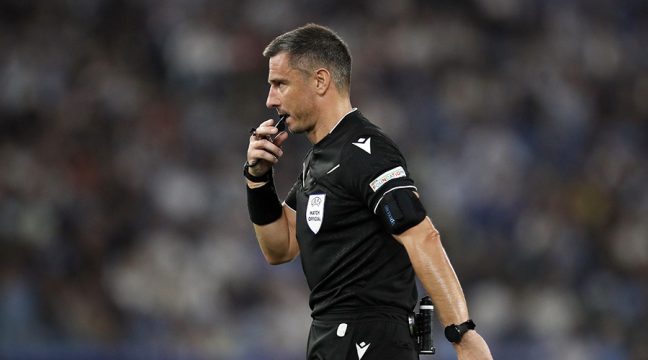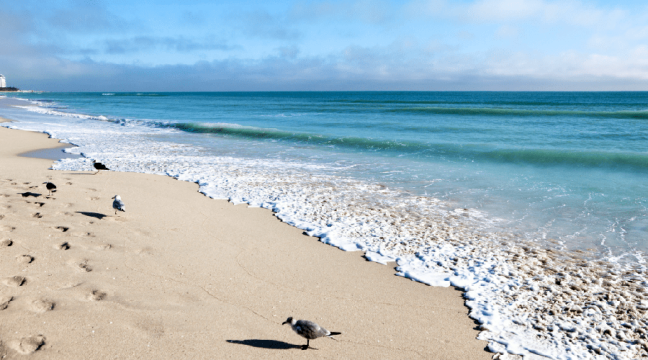The NHL had allowed its players to participate in the past five Olympics dating to 1998, giving the Winter Games pro-level star power akin to the NBA players who participate in the Summer Olympics to showcase the league and the sport.
Writer: Thomas J. Ryan
For the first time since 1994, NHL players will not attend the Winter Olympics.
The NHL had allowed its players to participate in the past five Olympics dating to 1998, giving the Winter Games pro-level star power akin to the NBA players who participate in the Summer Olympics to showcase the league and the sport.
But in a statement, the NHL said the majority of owners were against sending their players to the 2018 Winter Olympics in Pyeongchang, South Korea because they didn’t want the disruption of a three-week break in their season or the injury risk. The owners also wanted more compensation for letting their players play, but the league said no meaningful dialogue had emerged in talks with the National Hockey League Players’ Association (NHLPA), International Olympic Committee (IOC) and International Ice Hockey Federation (IIHF).
The NHL has not ruled out participating in the 2022 Olympics in Beijing, though the IIHF and IOC had indicated that could be conditional on the NHL going to South Korea.
The NHL’s statement read, “We have previously made clear that while the overwhelming majority of our clubs are adamantly opposed to disrupting the 2017-18 NHL season for purposes of accommodating Olympic participation by some NHL players, we were open to hearing from any of the other parties who might have an interest in the issue (e.g., the IOC, the IIHF, the NHLPA, etc.) as to reasons the Board of Governors might be interested in re-evaluating their strongly held views on the subject. A number of months have now passed and no meaningful dialogue has materialized. Instead, the IOC has now expressed the position that the NHL’s participation in Beijing in 2022 is conditioned on our participation in South Korea in 2018. And the NHLPA has now publicly confirmed that it has no interest or intention of engaging in any discussion that might make Olympic participation more attractive to the clubs. As a result, and in an effort to create clarity among conflicting reports and erroneous speculation, this will confirm our intention to proceed with finalizing our 2017-18 regular season schedule without any break to accommodate the Olympic Winter Games. We now consider the matter officially closed.”
A sticking point was that the IOC was resisting payment on out-of-pocket costs for NHL players to attend, a subsidy that had been covered over the previous five Games. The IIHF stepped in to cover those costs instead, but that concession did not satisfy the league. For the 2014 Olympics in Sochi, the IOC agreed to pay for players’ insurance, travel and housing costs amounting to around $14 million, according to Sportsnet. The owners argued that they deserve a portion of the revenue that the IOC receives from the tournament.
Other factors in the decision included the resulting compressed schedule as well as player fatigue. One challenge for the 2018 games was the 13-hour difference from Pyeongchang to Eastern time. The NHL was also looking for marketing opportunities tied to the Games. The IOC won’t allow the NHL to highlight or promote its presence at the Games.
Internally, the NHL league had proposed that the NHLPA extend the current collective bargaining agreement as a part of package for players to attend in 2018 but the union turned down the deal.
Responding to the NHL’s decision, the IOC particularly called out the disappointment of players who relish chasing gold medals for their home country.
The IOC’s statement read, “This must be a huge disappointment for the players who definitely wanted to play at the Olympic Winter Games Pyeongchang 2018. The IOC feels very sorry for the athletes. The decision is even more regrettable, as the International Ice Hockey Federation (IIHF) had offered the same conditions to the NHL as at previous Olympic Games, where the insurance and travel costs were covered. The IOC, which distributes 90 per cent of its revenue for the development of sport in the world, obviously cannot treat a national commercial league better than not-for-profit International Sports Federations which are developing sport globally. The ice hockey tournament at the Olympic Winter Games PyeongChang 2018 will nonetheless be a very exciting one, because the players from all the other professional ice hockey leagues will participate, and will be very much welcomed by their Olympic teams.”
The IIHF’s statement pointed to the loss for fans of the sport.
“The IIHF is deeply disappointed to hear of Commissioner Bettman’s decision not to have National Hockey League players take part in the 2018 Olympic Winter Games,” said IIHF President René Fasel. “While we respect the NHL’s reasons for not taking part, there is no hiding the fact that this is a decision that robs ice hockey fans of the world’s greatest best-on-best international ice hockey competition, and our sport of a truly global platform that has been in place since 1998. At the end of the day, ice hockey loses here.”
The IIHF said it will discuss with the participating teams the best way forward and move on with preparations for PyeongChang 2018.
“We have to remember that some of the greatest Olympic moments didn’t involve NHL players at all,” said Fasel. “We will move forward and continue preparations for PyeongChang. We still have the task to promote and build our game in Asia, and we will work hard towards this.”
The NHL Players Association also reinforced the IOC’s statements that most players are against the move.
According to NHL Players Association’s statement, “The players are extraordinarily disappointed and adamantly disagree with the NHL’s shortsighted decision to not continue our participation in the Olympics. Any sort of inconvenience the Olympics may cause to next season’s schedule is a small price to pay compared to the opportunity to showcase our game and our greatest players on this enormous international stage. A unique opportunity lies ahead with the 2018 and 2022 Olympics in Asia. The NHL may believe it is penalizing the IOC or the players, or both, for not giving the owners some meaningful concessions in order to induce them to agree to go to PyeongChang. Instead this impedes the growth of our great game by walking away from an opportunity to reach sports fans worldwide. Moreover, it is doing so after the financial issues relating to insurance and transportation have been resolved with the IOC and IIHF. The League’s efforts to blame others for its decision is as unfortunate as the decision itself. NHL players are patriotic and they do not take this lightly. A decent respect for the opinions of the players matters. This is the NHL’s decision, and its alone.”
A few players expressed their dismay.
Henrik Lundqvist, the Rangers’ star goaltender, said on Twitter that the league’s decision wasted “a huge opportunity to market the game at the biggest stage” and that he was disappointed “for all the players that can’t be part of the most special adventure in sports.”
Montreal Canadians goaltender Carey Price, wrote on Twitter, “I feel like we’re short changing some of the younger players that haven’t had that opportunity.” Former NHL forward Brandon Prust, who’s now playing in Germany, tweeted: “Way to ruin the sport of hockey even more Gary #Olympics.”
It was not immediately clear how the U.S, Canada and other countries will fill Olympic rosters, though national federations have already begun planning for this possibility.
When baseball was an Olympic sport from 1992 to 2008, minor leaguers and college players competed. MLB didn’t allow its players to play for similar reasons as those expressed by the NHL. The NBA is the only other one of the four major North American sports leagues that sends its players to the Olympics, but the Summer Games take place during the league’s off-season.
“We knew it was a very real possibility for many months and certainly respect the decision of the NHL,” said Dave Ogrean, executive director, USA Hockey, in a statement. “The good news is that because of our grassroots efforts over the course of many years, our player pool is as deep as it has ever been and we fully expect to field a team that will play for a medal.”
Jim Johannson, assistant executive director of hockey operations, USA Hockey, added, “We respect the NHL’s decision and will examine our player pool options and plan accordingly. In the end, we’ll have 25 great stories on the ice in South Korea and will go to the Olympics with medal expectations.”
Hockey Canada president and CEO Tom Renney said in a statement, “Today’s statement by the NHL is not what we were hoping for because, ultimately, we want best-on-best at the 2018 Olympic Winter Games which, for us at Hockey Canada, includes the participation of NHL players. This does not change our preparation for the Games — we have developed both a Plan A and a Plan B, and will be ready to move forward.”
The NHL has not decided whether to allow teams to make decisions on a case-by-case basis about players participating in the 2018 Olympics. The Washington Capitals star Alex Ovechkin said he plans to represent Russia at the Pyeongchang Games regardless before the NHL’s decision came out.
Some feel a deal may still happen. Negotiations for the 2014 Sochi Olympics stalled four years ago, but an agreement was reached in late July 2013, less than seven months before the opening ceremony. The 2022 Beijing Games also offer a huge marketing opportunity to showcase the league and sport. For now, the league is making its 2017-18 schedule without a break for the Olympics.
Photo courtesy NHL

